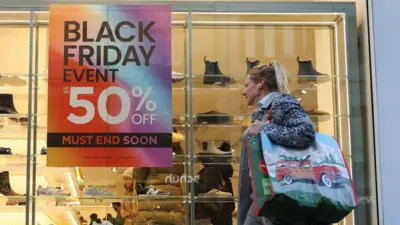We've updated our Privacy and Cookies Policy
We've made some important changes to our Privacy and Cookies Policy and we want you to know what this means for you and your data.
Yemen war: Mud-brick Seiyun Palace 'at risk of collapse'
Image source, AFP
Top Stories
A 19th-Century sultan's palace in Yemen that is one of the world's largest mud-brick structures is at risk of collapse after years of neglect and rain damage.
The seven-storey Seiyun Palace in Hadramawt province, currently a museum, fell into disrepair after the country descended into civil war in 2015.
That left it vulnerable to the heavy rains and flash floods that hit Yemen this summer, killing dozens of people.
An engineer said the building was now "dangerous" and appealed for help.
Image source, AFP
Top Stories
Image source, AFP
"If not quickly restored, it is at risk of collapsing," Abdullah Barmada told AFP news agency.
Top Stories
"There is damage to the base of the structure, the walls, the roofs, and it needs to be fixed and then routinely maintained," he added.
The extreme weather conditions also caused damage to the mud-brick tower houses of the nearby 16th-Century Old City of Shibam, which is known as the "Manhattan of the desert" and is a Unesco World Heritage site.
Several tower houses dating from before the 11th Century in the Unesco-listed Old City of Sanaa, Yemen's rebel-held capital, collapsed as a result of the flooding. Air strikes have also damaged buildings there in recent years.
Image source, AFP
Image source, Reuters
to safeguard Yemen's unique cultural heritage, which it called "a testimony of human creativity and adaptability to the country's varied landscape and environmental conditions".
Yemen has been devastated by a conflict that escalated in 2015, when the rebel Houthi movement seized control of much of the west of the country and a Saudi-led coalition of Arab states launched a military operation to restore President Abdrabbuh Mansour Hadi's rule.
The fighting has also reportedly left more than 110,000 people dead; triggered the world's worst humanitarian disaster, with millions on the brink of famine; and left the country even more vulnerable to the Covid-19 pandemic.
All photos subject to copyright.
Top Stories
More to explore
Most read
Content is not available








